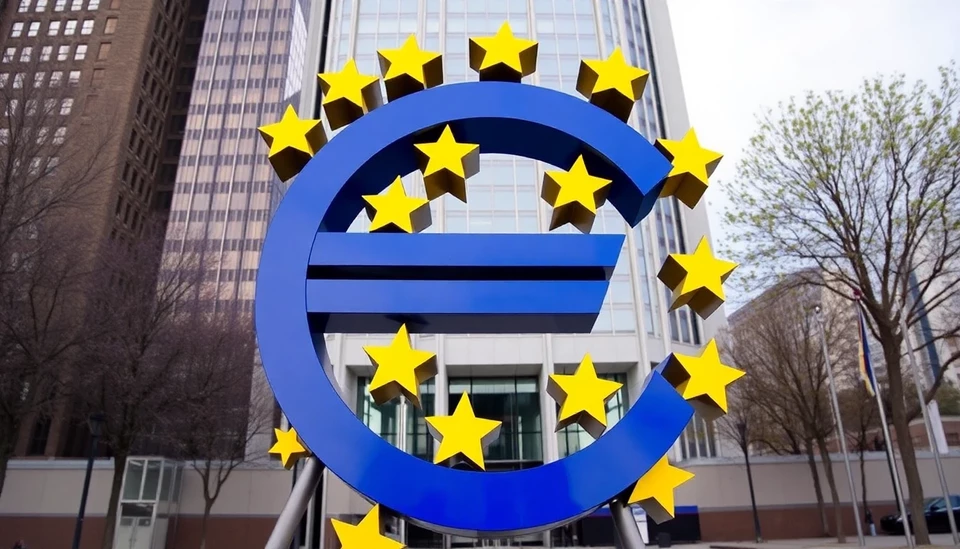
Global inflation rates continue to exhibit a stubborn stickiness, raising concerns among economic leaders like Thomas Jordan, the head of Switzerland's central bank. Despite previous predictions that inflationary pressures would ease, recent data suggests that underlying price increases remain resilient, complicating the task of monetary policymakers worldwide.
As central banks grapple with the delicate balance between fostering economic growth and controlling inflation, Jordan has expressed particular concern over persistent price increases in various sectors. He emphasized the need for vigilance, pointing to the possibility that inflation may not recede as quickly as many expect. This ongoing uncertainty could force central banks to maintain higher interest rates for an extended period, ultimately impacting economic recovery.
In the latest economic assessments, analysts observed that inflation is not just a temporary phase, but rather becoming entrenched in various aspects of the economy. Many sectors, including housing, energy, and food, continue to show strong price pressures, which could hinder the effectiveness of monetary policy aimed at controlling inflation.
The International Monetary Fund (IMF) has also weighed in on this issue, indicating that the global economy faces a complex environment. While growth is projected to improve in some regions, inflationary pressures could stymie these gains if not addressed adequately. The IMF has encouraged central banks to remain adaptable in their approach to monetary policy, suggesting that maintaining a keen eye on inflation trends is crucial.
Market reactions have already begun to reflect this trepidation, with investors concerned about the implications of stubborn inflation on interest rates and economic growth. As central banks, particularly in developed economies, signal their intentions regarding rate adjustments, the global financial markets have experienced heightened volatility. Traders are closely monitoring any indications of rate hikes, aware that prolonged inflation could prompt more aggressive policy responses.
Moreover, the ripple effects of persistent inflation extend beyond immediate economic metrics. The potential for increased costs of living might adversely affect consumer confidence and spending, leading to a slower economic recovery. This scenario raises the stakes for policymakers who are tasked with navigating an increasingly uncertain environment that balances inflation control with the need for economic rejuvenation.
In conclusion, the current landscape indicates that policymakers face significant challenges as they strive to combat stubborn inflation that shows no signs of abating. With the potential for long-lasting implications on both the global economy and individual nations, the decisions made in the coming months will be critical in shaping economic outcomes for years to come.
#GlobalInflation #EconomicPolicy #CentralBanks #MonetaryPolicy #ThomasJordan #IMF #InterestRates #EconomicGrowth #FinancialMarkets
Author: Daniel Foster




